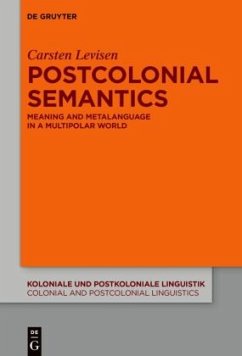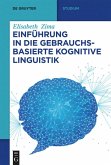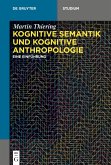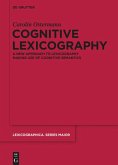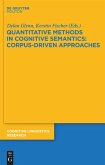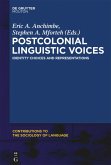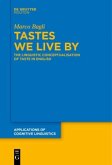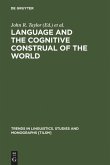Global knowledge production increasingly happens through one particular language: modern Anglo English. What does the Anglocentric reliance of English words and phrases mean for the way we make claims, formulate research questions, and develop theories? In this monograph, these questions are scrutinized and explored through "Postcolonial Semantics", a new framework that draws on advances in postcolonial linguistics and cognitive/cultural semantics. Through original semantic work on Bislama words and Urban Pacific concepts, each chapter provides alternatives to Anglocentric linguistic framings of knowledge in the domains of language, communication, sociology, psychology, and geopolitics. Highlighting the pluriversality of meaning-making and the multipolarity of knowledge, the book speaks into central themes in semantics, including the question of metalanguage and the representation of meaning, as well as contact-zone semantics and the colonial matrix of power. All analyses are provided in both English and Bislama through a translatable semantic metalanguage of shared human concepts. Apart from semanticists and postcolonial language scholars, the monograph is of interest to researchers and research students in fields such as World Englishes, creole studies, linguistic anthropology, intercultural pragmatics, and global discourse studies.
Bitte wählen Sie Ihr Anliegen aus.
Rechnungen
Retourenschein anfordern
Bestellstatus
Storno

